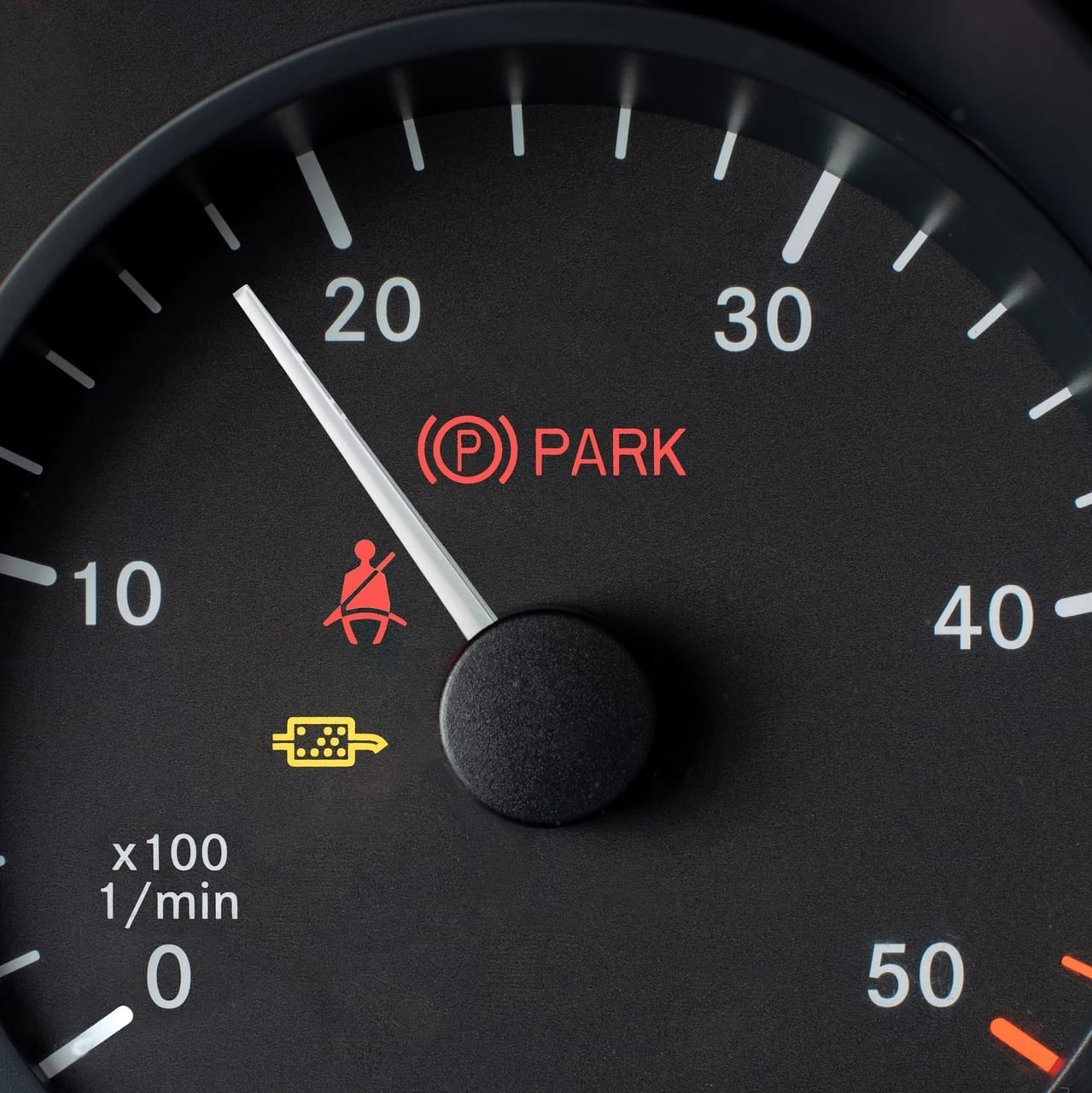Diesel Particulate Filters
Want to keep your diesel vehicle in top condition? You must look after your DPF (Diesel Particulate Filter).
Understanding DPFs and their function is vital to knowing when there’s a potential problem that could affect your vehicle’s performance.
Your DPFs primary role is to purify the exhaust emissions from your car’s diesel engine, reducing environmental pollution. They catch the harmful particles produced during your diesel engine’s combustion and store them, preventing them from being released into the atmosphere.
Since 2009, UK law has declared all diesel cars must be equipped with a DPF.
Without this essential component, the vehicle would not comply with emission standards, which could leave you in a spot of bother.
If your DPF isn’t working as it should, it needs immediate attention to ensure the car remains legal.
To help you keep your DPF in top condition, our experts at Roade Main Garage have put together this comprehensive guide.
We’ll explain:
- How DPFs operate
- Methods to avoid problems with them
- Common causes of failure
- And more…
Our comprehensive guide will provide you with everything you need to know about the upkeep and maintenance of your DPF, ensuring it continues to work efficiently.
Whether you own a diesel car or just want to learn more about DPFs, this guide is just what you’re looking for!

What are Diesel Particulate Filters & How Do They Work?
DPFs are devices that catch and hold the soot particles your diesel engine produces during combustion. They’re a crucial part of modern diesel engines, as they reduce air pollution.
Most DPFs are made from ceramic materials and contain thousands of small pores, used to trap soot.
To keep your DPF operating at its best, it requires regular cleaning to prevent a blockage. This cleaning process is referred to as ‘regeneration’.
DPF regeneration happens in two ways:
Passive Regeneration: This occurs when your engine’s exhaust gases are hot enough to burn the trapped soot naturally. It’s pretty common when you’re driving on major roads and motorways as your vehicle’s engine is under more pressure, leading to higher exhaust gas temperatures.
Active Regeneration: Sometimes, passive regeneration isn’t possible. If this happens, additional fuel is injected into your engine by your vehicle’s Engine Control Unit (ECU). This creates higher exhaust gas temperatures that’ll burn the soot. During this process, it might trigger a dashboard warning light (which can take up to half an hour to disappear).
DPF regeneration is essential to keep the DPF working efficiently and to stop harmful pollutants from entering the atmosphere.
Diesel Particulate Filters: Why Are They Necessary?
Your vehicle needs a DPF so it meets exhaust emission rules like Euro 5, which has been in effect for over ten years. These regulations mean cars with diesel engines must have a DPF to help lower harmful emissions.
If your diesel vehicle doesn’t have a DPF, it’s not legal, and it won’t meet emission criteria.
Since 2014, DPF inspections have been part of MOT testing, so if your vehicle doesn’t have a fully functioning DPF, you won’t pass your MOT.
What Causes Diesel Particulate Filters to Fail?
If your DPF fails, it can reduce your vehicle’s engine efficiency and could cause damage. It’s the last thing you want to happen. And it could lead to costly repairs.
Some of the most common reasons for DPF failure include:
- Overheating: If your DPF melts or cracks because of excessive heat, it can cause failure.
- Clogging: If soot isn’t properly burned during regeneration, it can create blockages.
- Neglecting Maintenance: Failing to follow maintenance guidelines can reduce efficiency.
- Fuel Contamination: Contaminated fuel can harm your DPF’s ceramic filter.
- Faulty Sensors: Malfunctioning sensors might cause the DPF to operate outside its optimal range.
Proper maintenance and monitoring can help prevent these issues. If you need help with this, our experts at Roade Main Garage can assist you.
How to Tell if the Diesel Particulate Filter (DPF) Has a Problem
It’s possible to spot DPF issues by noticing certain symptoms. Here are a few to keep your eye out for:
Unusual Sounds: If your DPF is blocked, your vehicle’s exhaust pressure may increase, leading to odd noises like thumping or clattering.
Decreased Power: You might see a decrease in your vehicle’s performance due to a blocked or failing DPF. In this instance, a lack of power or acceleration is common.
Strange Smells: A failed DPF might allow unburnt soot and particles to collect, creating a powerful odour from your vehicle’s exhaust.
Dashboard Warning: A warning light, often an arrow pointing downward or the letters “DPF”, may appear on your dashboard if there’s a problem.
Higher Fuel Use: If your DPF is experiencing issues, your vehicle will start burning more fuel than usual. This is the last thing you need with today’s rising fuel prices.
At Roade Main Garage, we suggest getting your car checked immediately if you experience any of these signs.
Ignoring DPF issues might result in costly repair bills, so it’s wise to take action quickly. Don’t be caught out; call Roade Main Garage for an expert fix.
Follow These Tips to Prevent Diesel Particulate Filter (DPF) Issues.
Here are some tips to help you keep DPF issues at bay.
- Look After Your Car: Regular servicing, such as changing the oil and air filters, can prevent engine troubles that may cause DPF failure. Book your service at Roade Main Garage for quality servicing.
- Don’t Idle For Long: Avoid short drives (when possible) or letting the car idle for long periods, as it could lead to your DPF becoming blocked.
- Take Extended Motorway Journeys: A prolonged drive on a major road or motorway can help you prevent your DPF from blocking. By doing so, you increase the exhaust temperature, allowing for the regeneration process so the soot particles burn off.
- Use The Correct Oil: Looking to prevent DPF issues? Use low-ash or ashless oils, as they’ll generate fewer particles when burnt.
- Choose Quality Fuel: Using high-quality fuel helps you avoid DPF problems. If you use contaminated or poor-quality fuel, it can be harmful to your vehicle’s DPF, resulting in poor engine performance.
If you’re unsure about maintaining your diesel vehicle, don’t panic, our experts can help. Call Roade Main Garage today for assistance.
In Summary
Modern diesel engines must have a functioning DPF to comply with UK emission laws.
If your DPF is malfunctioning, it might result in MOT failure. It can also lead to costly repairs, poor performance, and even fines.
You can limit DPF problems by using high-quality fuel and oil, taking occasional long motorway drives, and avoiding idling for too long.
These practices will keep your DPF working optimally while keeping your vehicle’s emissions under the legal limit.
Roade Main Garage offers extensive DPF reviews to help you avoid costly future repair bills.
Need help with a DPF problem? Call Roade Main Garage today for a quality first-time fix. There isn’t a DPF problem that we can’t handle.



